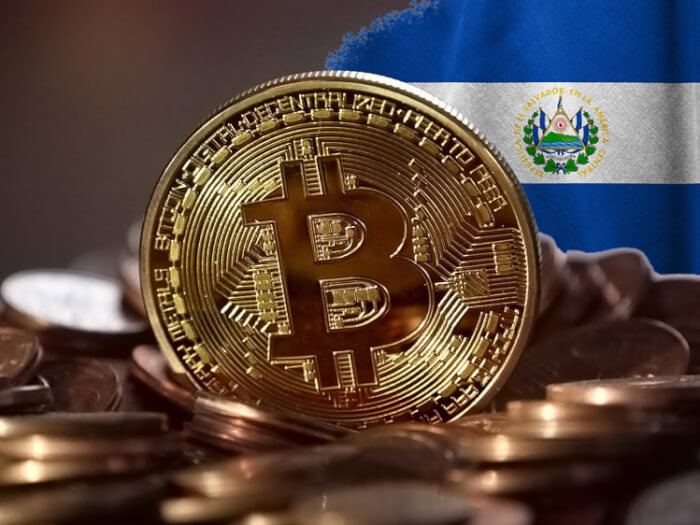The Congress of El Salvador approved, early this Wednesday, the 9th of the law that classifies bitcoin as a legal tender in the country. The decision makes El Salvador is the first country to adopt bitcoin as its official currency.
Salvadoran President Nayib Bukele announced the plan last weekend and is expected to enact the law this Wednesday morning. The idea, according to him, is to increase the dynamism of the economy and make the country more attractive to investors.
“The ‘Bitcoin Law’ was recently passed by the Legislative Assembly with a qualified majority. 62 out of 84 people voted! It’s all in the past! “, the president exulted. “This is a legislation that will place El Salvador on the map, and we’ll be more appealing to global business,” said Congressman Romeo Auerbach, a Bukele supporter.
Anabel Belloso, from the opposition, who voted against the project, lamented that the law “has not been discussed with specialists, nor with patience”: “The law has many implications in the economic sphere and not everyone knows how this will work, leading to considering that cryptocurrencies are volatile in the market, they are unstable,” he said.
With the new law, bitcoin must be accepted as a form of payment by “any economic agent” in the country, excluding those who “It is a well-known truth that they do not have access to the tools that allow them to conduct bitcoin transactions.” Part of country’s population is excited for El Salvador is the first country to adopt bitcoin as its official currency .
For accounting purposes, the US dollar, the official currency of El Salvador, will be used as a reference, but the text states that the bitcoin exchange rate “will be freely established by the market” and that the State will provide alternatives for “automatic and instantaneous conversion between the bitcoin and the dollar” for those who prefer it that way.
According to Bukele, giving bitcoin the status of legal tender in the country aims to generate jobs and increase “financial inclusion for thousands of people outside the formal economy” – according to the president, 70% of the population of El Salvador is currently unbanked.
In addition, the Salvadoran president also said that bitcoin could make it easier for Salvadorans living abroad to send money to friends and family in the country.
Currently, El Salvador’s economy is heavily dependent on remittances sent from other parts of the world, which represent more than 20% of GDP. Data show that more than two million Salvadorans living abroad send around 5 billion dollars each year to their home country, that is the first country to adopt bitcoin as its official currency.
Providers of this type of service charge high fees and operations take days to be carried out. With bitcoin, the cost and timeframe for these transactions would be reduced considerably: “This will improve the lives and futures of millions,” predicts Bukele.
